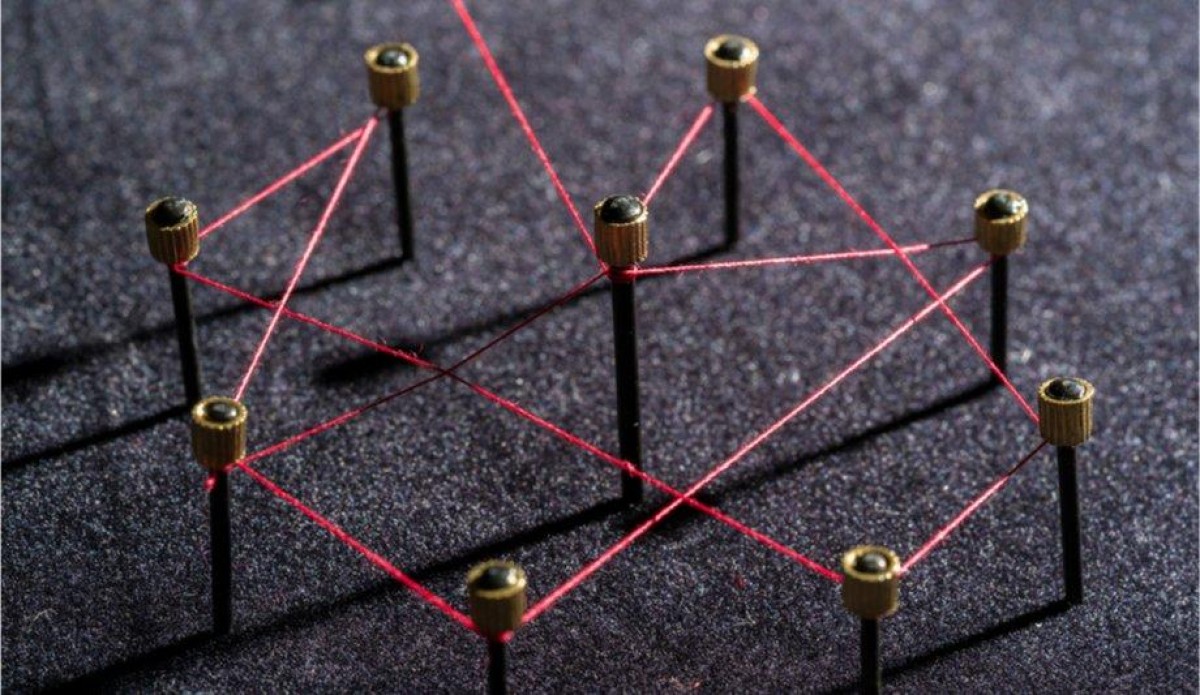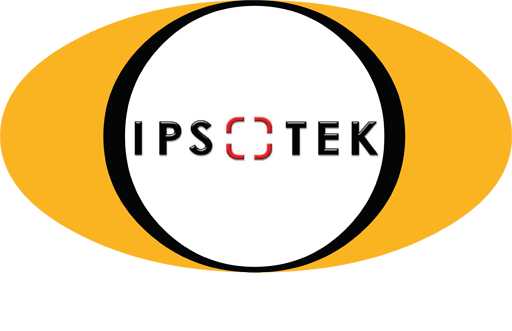Developing an effective contact tracing system in the UK to monitor the spread of COVID-19 has proved to be problematic. The trials of the app developed by the government and its partners encountered numerous challenges, and despite the reopening of restaurants, pubs and shops, the current approach to contact tracing is inconsistent, with recent reports suggesting not all establishments are following the government guidance.
At the same time, businesses are being encouraged to ask employees to return to the workplace as lockdown restrictions ease, and the lack of an effective contact tracing system is only going to become more of an issue. Responsibility now lies with employers to ensure social distancing measures are adhered to in the workplace, trace any contact that a person infected with COVID-19 has had with others, and communicate consistent messaging across their organisations. Considering all of these challenges, it is not surprising that technology is being turned to for the answers.
Turning to technology
However, it is not just cutting-edge technology that can support measures to address health and safety issues related to COVID-19; the use of existing infrastructure is vital too. Consider the ubiquity of CCTV in workplaces and public spaces, especially in densely populated cities. Recent research has shown that London, for example, has 627,727 cameras for 9.3 million residents - the equivalent of 67.5 cameras per 1,000 people. The data collected from these feeds will play a key role in effectively tracing interactions and monitoring the adherence to social distancing measures.
As useful as this data is though, the sheer volume of it is enormous. Sifting through hundreds of hours of video footage collected from networks of thousands of cameras will be far too time-consuming and inaccurate to complete manually. This is where more advanced technology such as A.I.V.A. (Artificial Intelligence Video Analytics) is required.
"Tracing interactions and monitoring the adherence to social distancing measures"
A.I.V.A. solutions use existing camera networks and geospatial algorithms to determine an individual’s location in the camera field of view in real-time, automatically learning the perspective of the scene and calculating the GPS coordinates of individuals in real-time based on their location in the camera field of view.
Social distancing algorithms
For example, with regards to social distancing, an algorithm can detect when two parties are within a metre proximity of each other. This will trigger an alert in the system and log the occurrence in a dashboard report. If government recommendations change and the suggested distance is 2 meters, the algorithm is easily adjusted.
This approach will help to reinforce changes in behaviour to encourage social distancing and, in the worst case, establish an effective contact tracing system for those who have been infected with COVID-19 and have come into contact with others.
"An effective contact tracing system for those who have been infected with COVID-19"
Firstly, in terms of how this can be used for social distancing, AI powered video analytics can be used to identify particular hotspots where breaches occur. While isolated incidents of a breach in the 1m rule may not be particularly useful, when a series of occurrences is identified from thousands of hours of CCTV footage, vital insights can be gained into localised clusters of COVID-19 infections. The reports generated from this type of analysis can be extremely useful; for example, pinpointing particularly busy areas of a job site, identifying queues at a coffee station at a certain time of the day, or the most frequently used exit of an office building.
Breaching the rules
Armed with these insights, businesses can implement measures to try and alleviate such bottlenecks. In practice, this may involve implementing one-way systems or moving people from one congested area to a quieter one at particular times of the day, to help reduce the chances of breaching the 1m social distancing rule. There is even the capability of triggering an automatic alert when a breach is observed to remind employees of their responsibility to adhere to the guidelines.
If a business is informed that one of its employees or a visitor has contracted COVID-19, the use of A.I.V.A can support in helping to identify areas that the person has visited and whether there were any other people in that area at the same time. Instead of informing others directly, the business can issue a notice to say exactly where that person was and advise employees who may have been present to be tested. This is particularly useful for businesses with large sites, who need to manage each building and facility on a case-by-case basis.
Although simple to implement, AI powered video analytics can play a key role in helping businesses implement solutions that allow employees to safely return to work. With such technology in place, workforces can be protected by decreasing the chance of social distancing breaches occurring and effectively tracking those who have it.
"Workforces can be protected by decreasing the chance of social distancing breaches"
The technology does not rely on the identification of specific individuals nor their personal information or mobile phones, but rather recognises behaviour patterns and uses this approach to provide accurate information to groups of people that need it. AI has long been touted as the technology set to revolutionise life as we know it, and now it has the chance to unlock its potential and protect people in a world significantly affected by COVID-19.
Published by: Source Security



